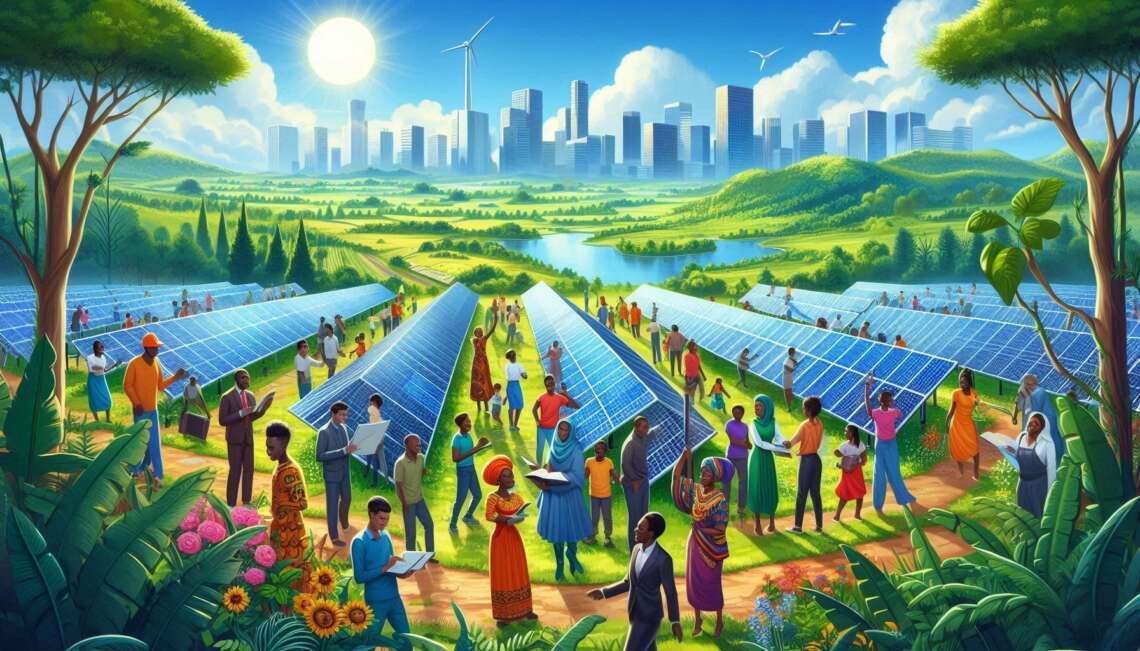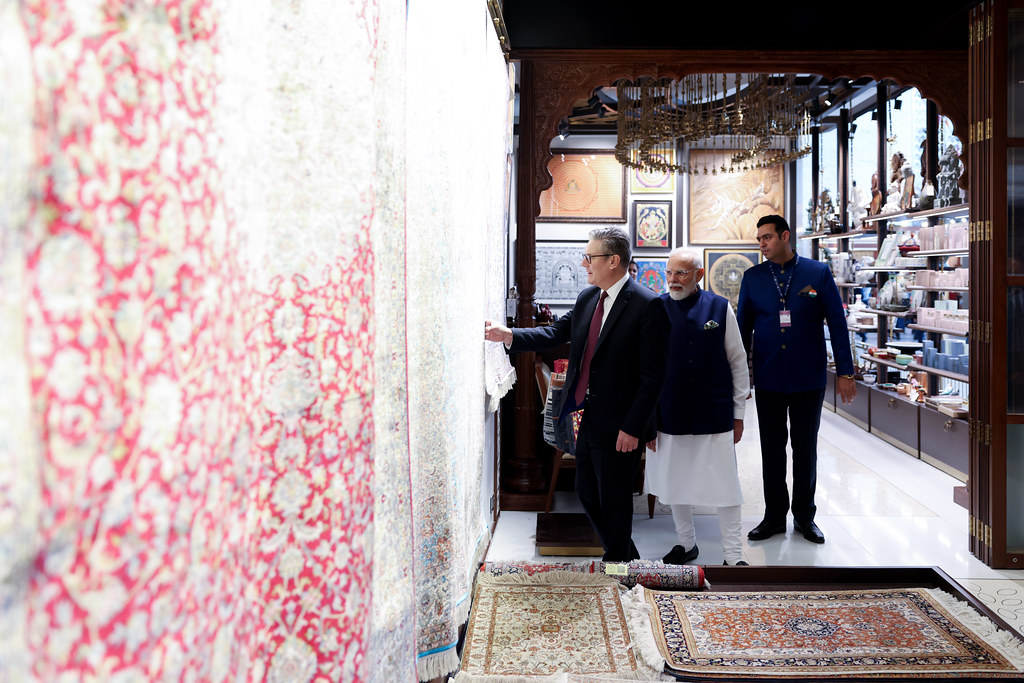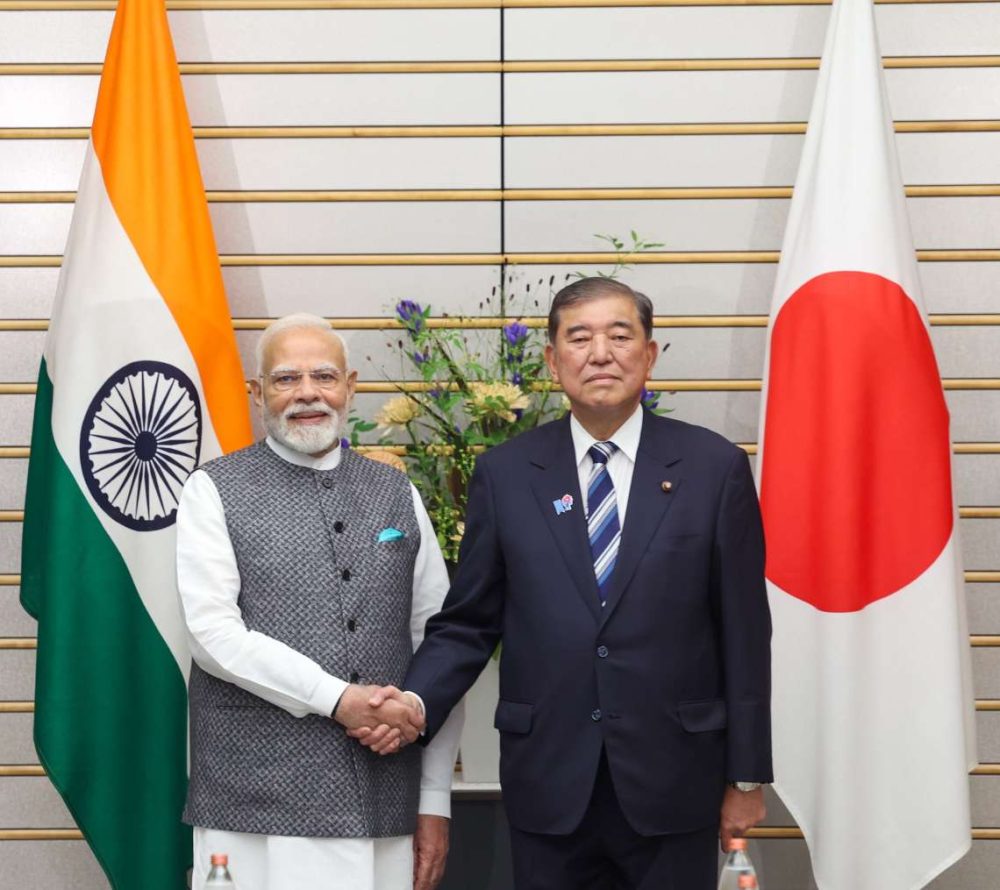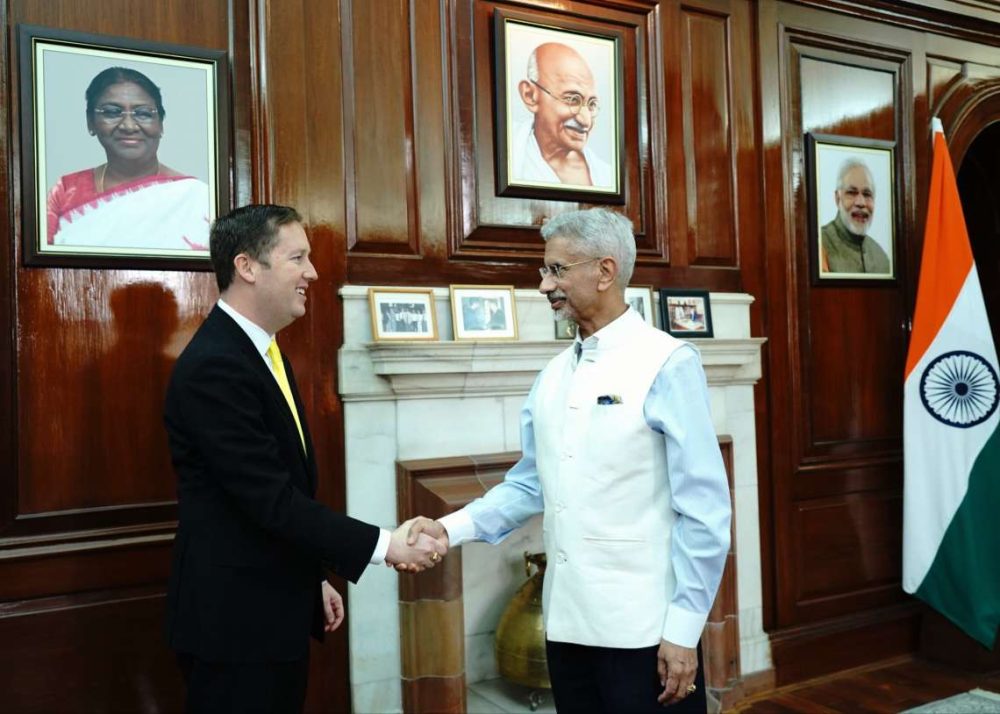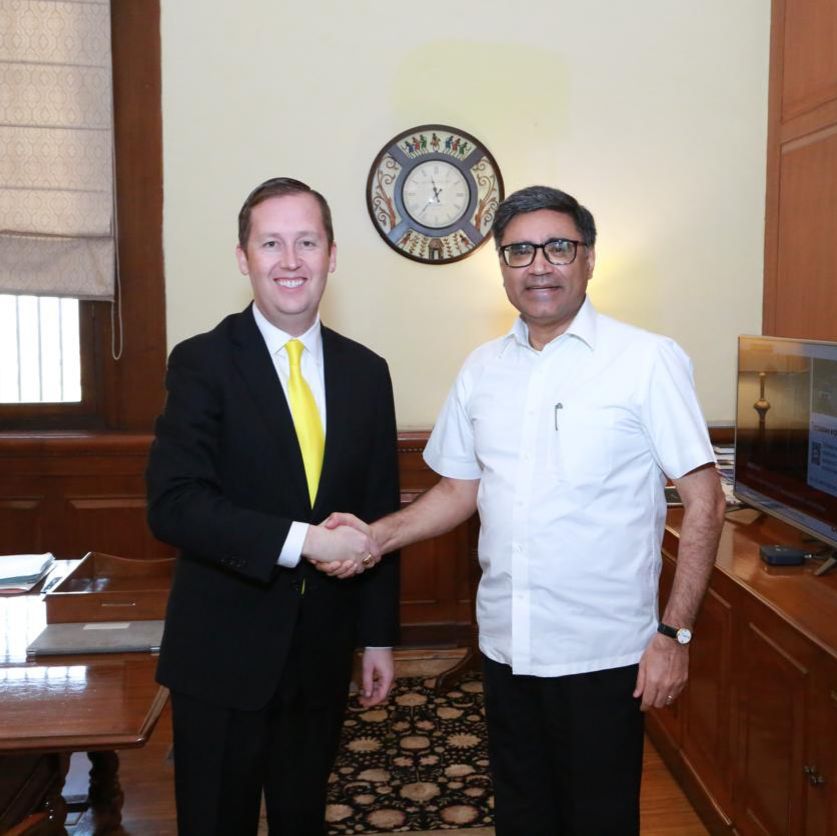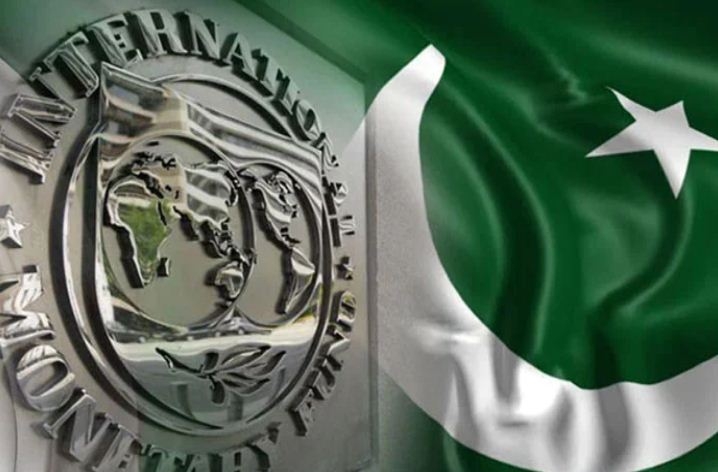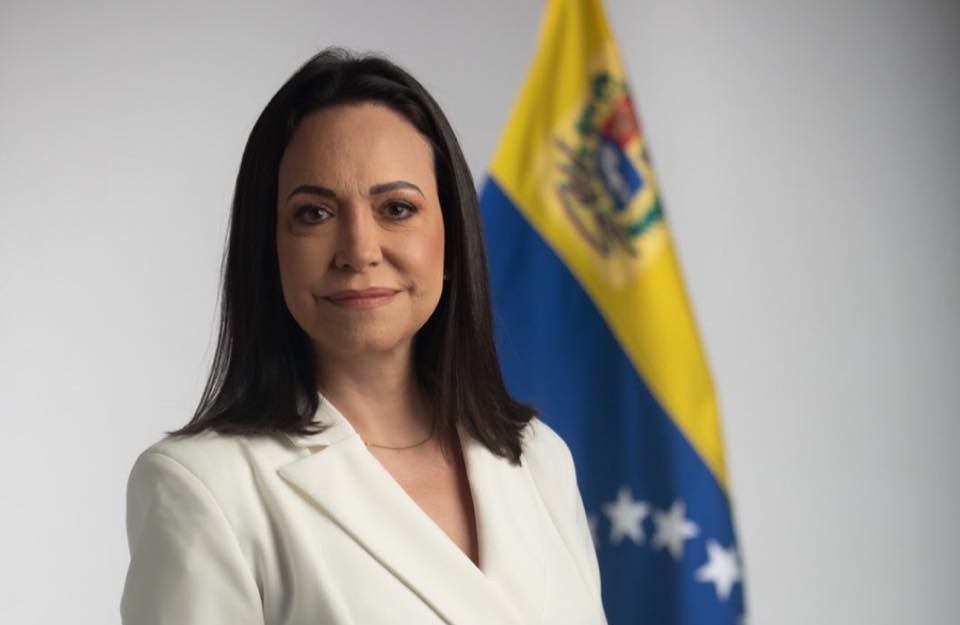The UK, already one of the largest investors in clean energy in Africa, continues to demonstrate its commitment by supporting the Mission 300 initiative
Millions of people across Africa will gain access to clean, reliable energy, thanks to a significant investment by the United Kingdom, Africa Minister Lord Collins has announced. This major commitment aligns with the UK’s efforts to combat climate change while fostering economic growth across the continent.
The announcement comes as UK Special Representative for Climate Rachel Kyte participates in the Mission 300 Africa Energy Summit in Dar Es Salaam, Tanzania. The Mission 300 initiative aims to extend electricity access to 300 million people in Africa by 2030, addressing a critical gap where nearly half of the continent’s population—600 million people—lack access to power.
The UK, already one of the largest investors in clean energy in Africa, continues to demonstrate its commitment by supporting the Mission 300 initiative. Lord Collins announced a new £5.3 million investment between British International Investment (BII), the UK’s development finance institution, and UK cleantech company MOPO. This funding will enable MOPO to expand its pay-per-use battery rental services in the Democratic Republic of the Congo (DRC), where more than 80% of the population lacks access to electricity. This initiative highlights how UK businesses are seizing opportunities to drive economic growth and sustainability in Africa while advancing the global clean energy transition.
In addition, Lord Collins announced an £8.5 million contribution from the UK to the African Development Bank’s Sustainable Energy Fund for Africa (SEFA). This funding will further efforts to connect millions of people across the continent to clean and reliable power.
The UK’s latest financial commitment will catalyze private sector investment in renewable energy projects, including clean cooking solutions and energy efficiency initiatives. As part of the UK’s Africa Regional Climate and Nature Programme (ARCAN), this support aims to accelerate the adoption of renewable energy, develop solar-powered mini-grids in rural communities, and provide technical assistance for large-scale renewable energy projects.
Minister for Africa, Lord Collins of Highbury, emphasized the transformative potential of these investments. “The UK has set a landmark goal to be the first major economy to deliver clean power by 2030. Through our Plan for Change, we will harness technology to transform the UK into a clean energy superpower. We want to leverage this ambition with our African partners to power green growth, eradicate poverty, and tackle climate change. Connecting the continent to clean, reliable energy is vital, and UK support is helping ensure millions are getting the access they need to prosper through planet-friendly solutions,” he stated.
These commitments align with the UK’s broader strategy to become a leader in clean energy innovation while fostering economic partnerships worldwide. They also underscore the UK’s role in reducing global emissions and increasing energy security.
Speaking at the summit, UK Special Representative on Climate Rachel Kyte highlighted the crucial role of clean energy in economic development. “Reliable, affordable, and clean energy is the cornerstone of economic growth and development. Modern grids and distributed renewable energy offer an opportunity for inclusive growth. Helping end energy poverty supports economic resilience and puts countries on a pathway to sustainable development. The UK is working with partners across Africa to connect millions of people to cleaner, more efficient power,” she said.
At the summit, Kyte detailed how the UK is deepening partnerships with African nations and multilateral institutions to accelerate the clean energy transition. She reaffirmed the UK’s commitment to shared sustainable development goals, particularly in Africa.
British International Investment’s (BII) CEO, Leslie Maasdorp, emphasized the institution’s commitment to increasing energy access in Africa. “At BII, we want to use our distinctive position and track record to create more early-stage solutions that help expand energy access for more Africans. Our investment in MOPO is expected to reach over a million people in the DRC, where energy access remains a significant challenge. More broadly, we welcome the partnership of African governments and institutions like the African Development Bank in making this vision a reality,” Maasdorp stated.
BII has already made significant strides in Africa’s energy sector. Its investments currently provide clean energy to over 26 million people across sub-Saharan Africa, with plans to expand further.
The announcements at the Dar Es Salaam summit also reinforce the long-standing UK-Tanzania partnership. Tanzania was among the first countries to join the UK’s Global Clean Power Alliance, a coalition dedicated to advancing the global clean energy transition. The two nations continue to collaborate on initiatives that boost renewable energy adoption while fostering trade and economic opportunities.
MOPO, one of the key beneficiaries of UK investment, installs hundreds of solar-powered hubs that rent rechargeable batteries to customers in off-grid regions. In its early stages, MOPO received support from the UK’s Foreign, Commonwealth & Development Office (FCDO) through the Transforming Energy Access programme, helping it refine its technology and business model.
The UK’s latest funding contribution to SEFA will be used to provide concessional finance and technical assistance, helping attract private sector investment into innovative clean energy projects. The projects supported by SEFA, with backing from the UK and other donors, are expected to create 1.3 million new electricity connections across Africa.
The Africa Regional Climate and Nature Programme (ARCAN) is a key component of the UK’s wider £11.6 billion International Climate Finance commitment. Other UK-backed initiatives include the Climate Adaptation and Resilience (CLARE) research programme, FSD Africa and its investment arm, and the Cooperation in International Waters in Africa (CIWA) initiative. Together, these programs aim to strengthen climate resilience, boost clean energy adoption, and enhance economic stability in Africa.
As the UK continues to strengthen its investment in Africa’s renewable energy sector, these initiatives underscore its commitment to global sustainability goals. The latest funding announcements reaffirm the UK’s leadership in fostering innovative solutions that address energy poverty, promote economic growth, and tackle climate change across the continent.
ALSO READ: Global Help Needed for Africa’s Kids
ALSO READ: A Night of Empowerment and Transformation: SRLC Mission Africa Gala 2024


